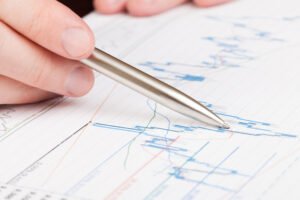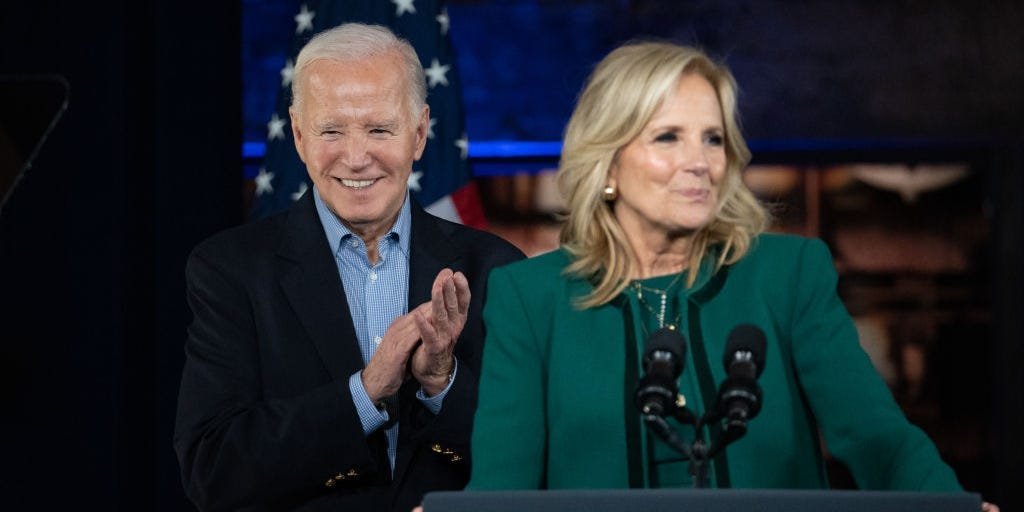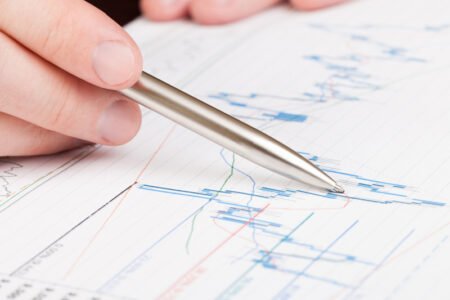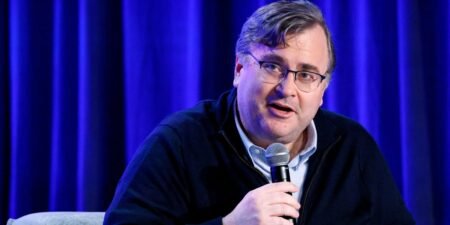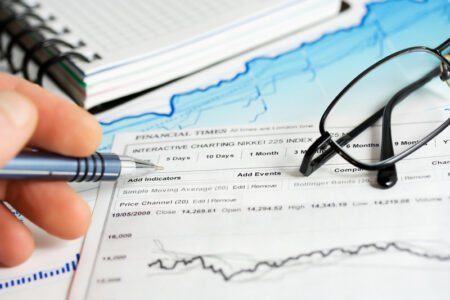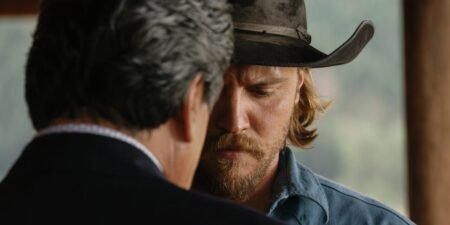Joe Biden’s inner circle is working overtime to convince voters he has what it takes to be president, and the first lady is leading the charge.
Jill Biden — the president’s wife of 47 years — responded to criticism of her husband’s age at a Manhatten fundraiser on Friday, saying the 81-year-old is “not a young man.”
“When he gets knocked down, Joe gets back up, and that’s what we’re doing today,” Jill said, according to The Washington Post.
Speaking to Vogue magazine over the weekend, Jill said the family “will not let those 90 minutes define the four years he’s been president. We will continue to fight.”
Despite mounting pressure, Jill is holding her ground.
Michael LaRosa, a former advisor to Jill, told The New York Times that the couple’s political partnership has been partly shaped by Biden bowing out of the 1988 presidential race.
It came after an investigation revealed that Biden lifted portions of a speech by United Kingdom Labour MP and Margaret Thatcher challenger Neil Kinnock. It led the media to suspect plagiarism.
“In 1987, she saw him be forced out by the press, pundits and polls, and it was really a scarring experience for both of them,” LaRosa told the Times. “I think they learned from that experience and they weren’t going to have their hands forced like they were in 1987.”
Jill is unlikely to convince the president to drop out
According to a Politico report cited by Business Insider, Democrats close to Biden said his wife is the only person who could convince him to step down.
Katie Rogers, a White House correspondent for The New York Times, wrote in her new book that Jill has a strong influence on her husband’s decision-making process.
In an excerpt from the book, titled “American Woman: The Transformation of the Modern First Lady, From Hillary Clinton to Jill Biden,” Rogers wrote that the first lady discouraged Biden from running for president in 2004 by walking into an aide meeting wearing a halter top that had the word “No” written on the stomach.
Andrew Payne, a lecturer in foreign policy at City University of London, told BI that Jill’s support for her husband isn’t unusual. He said the Biden family’s first instinct has historically been “to encourage the president to double down, not tap out.”
Thomas Gift, an associate professor of political science at University College London (UCL), cautioned that voters should be mindful of speculation about the president and first lady’s relationship.
“In public, it’s expected that Mrs Biden will support her husband. Behind closed doors, we can only guess at what she’s advocating,” he said.
The Bidens are out of touch, experts say
Nadia Hilliard, a senior lecturer in US politics at University College London, told BI that Jill will play a “supportive and enabling” role as first lady.
However, she added that Jill and the wider Biden camp’s unwavering support could be more harmful than helpful.
“It’s possible the Bidens have surrounded themselves with ‘yes men’ and psyching themselves up to say, ‘we can do this,’ without being in touch with the millions of people saying, ‘you have to step down,'” Hilliard said.
She said this mindset extends to the Democratic party, adding that many will automatically support Biden because of a “genuine fear” that the party doesn’t stand a chance with a replacement nominee.
“There’s a sense that if he withdraws, Trump wins. That would be a disastrous move,” she said.
The Biden campaign downplayed Biden’s performance on Thursday, branding it as insignificant in the long run.
Jen O’Malley Dillon, Biden’s top campaign strategist, said any drop in the polls after the debate would be due to an “overblown media narrative,” according to The New York Times.
The president’s deputy campaign manager, Quentin Fulks, told staff that “nothing fundamentally changed about this election” after the debate, the outlet said.
Payne agrees with Hilliard’s argument, saying there’s a broader question of “whether the president actually should be listening primarily to his inner circle at this stage.”
“Many have blamed his advisors for the poor debate performance in recent days, claiming that efforts to shield the president’s apparent frailty from the public contributed to the blowback he is now experiencing,” Payne said.
“To win in November, the president needs to bring along a diverse range of donors, political elites, and, ultimately, voters. His family will be with him to the end.
“Whether the others will remains to be seen.”
Read the full article here
